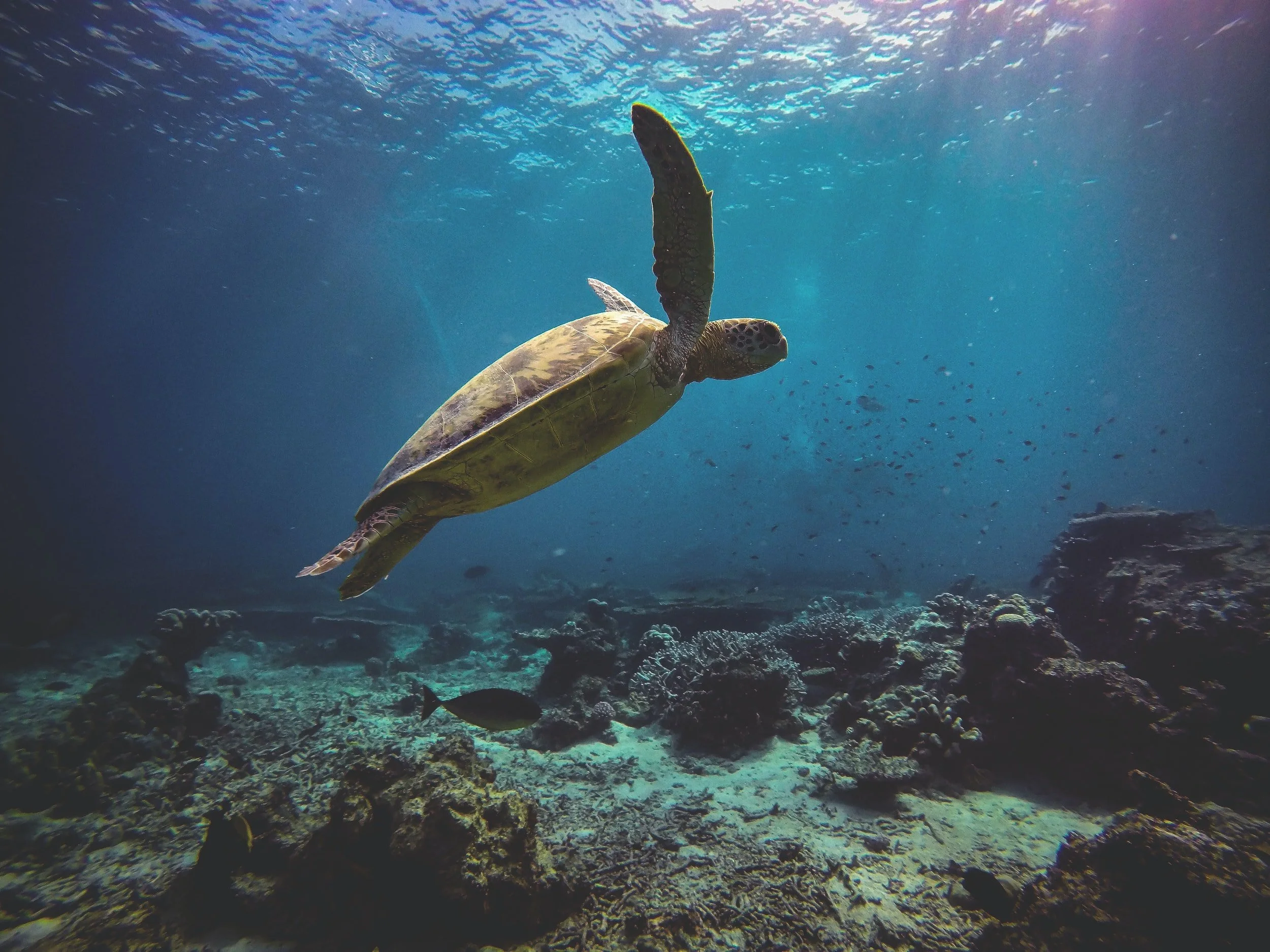World Ocean Day 2022: Another year of unfulfilled political pledges
This World Ocean Day we will likely see the usual wave of pledges from governments and businesses around the world, ranging from the well-meaning to the cynical.
Too often, government and corporate statements leave their intended audiences feeling reassured while business as usual continues. As a greater number of nations and corporations alike look to meet the growing public appetite for change, the volume of commitments may be increasing but the gulf between pledged action and missed delivery is also widening. When it comes to protecting our ocean, the issue is no longer a shortage of words but rather a lack of genuine action in the face of vested interests and short-term profit motives.
Looking first at the global picture, 2010 saw more than 180 countries agree a set of ‘Aichi Targets’ on global biodiversity. These included a commitment to both conserve 10% of the world’s marine and coastal areas and phase out environmentally destructive subsidies by 2020.
Twelve years later, not one single Aichi Target has been achieved and the setting of renewed targets for the crucial next decade is already two years delayed.
Although by now there is widespread scientific consensus that we must set aside at least 30% of the ocean as protected areas, in order to safeguard marine life as well as the benefits it provides to humanity, just 7.7% protection has so far been achieved globally – and a mere 2.4% is fully or highly protected from fishing impacts.
The amount of public money invested in the destruction of nature still vastly outstrips that invested in its protection. Around $35.4 bn is spent on global fisheries subsidies each year, of which $20 bn directly contributes to overfishing. By contrast, just $13 bn was invested in the ocean through both Official Development Assistance and philanthropy combined in the decade 2010-2020.
Closer to home, the UK government’s ocean rhetoric may be world-leading but its actions lag far behind its words. Last year, Environment Secretary George Eustice marked World Ocean Day by declaring “the UK is a global leader in marine protection, and we are leading the way internationally to deliver healthy and sustainable seas”. Yet the UK Government is currently failing against 11 of 15 of its own indicators of ocean health. This alone demonstrates the significant shortcomings in existing policy and the immediate need to revisit strategies in order to give credibility to this rhetoric.
Furthermore, the UK marked World Ocean Day 2021 with an announcement that it would introduce a small number of initial ‘pilot’ Highly Protected Marine Area (HPMA) sites as recommended by the Benyon Review. A year later, we are still awaiting their implementation. Meanwhile research from around the world has shown fish biomass is on average 670% higher in fully protected marine reserves than adjacent unprotected areas, suggesting that Government does not need to conduct further ‘piloting’ at this stage but rather get on with integrating HPMAs across our MPA network where required.
In this context, Seahorse is delighted to be working this year with the Blue Marine Foundation to call on the Government to follow through on two stated commitments with tangible action.
The first is to address the failings of the UK’s domestic Marine Protected Area network such that they can adequately protect our marine life. While on paper, MPAs cover an impressive 38% of our waters, the vast majority of these are nothing more than lines on a map: less than 1% of the UK waters are actually fully protected from the impacts of fishing and other extractive activities and the Government has been slow to deliver its commitment to protect all offshore MPAs from bottom-trawling by 2024. New analysis published by Oceana shows that more than 90% of our offshore MPAs are still being subjected to dredging and bottom-trawling. With bottom-trawling churning up the very seabed features, such as rocky reefs and cold-water corals, that are often at the heart of MPA designation in the first place, as well as releasing significant amounts of carbon stored in the seabed, it is high time for our government to step up and deliver on what it has already committed.
The second commitment the Government must follow through on is to eliminate overfishing. This would complement the establishment of strengthened marine protected areas in allowing marine life to recover.
Having proclaimed the ‘taking back control’ of our waters post-Brexit, the UK Government has repeatedly committed itself in legislation and international agreements to a continued focus on sustainable fisheries management. For example, the Fisheries Act (2020) establishes a precautionary objective ‘that exploitation of marine stocks restores and maintains populations of harvest species above biomass levels capable of producing maximum sustainable yield’ and the EU-UK Trade and Cooperation Agreement (2021) commits both parties to basing all conservation and management decisions regarding shared fish stocks on ‘the best available scientific advice’.
And yet … A 2020 study found the UK responsible for the highest quantity of overfishing in Europe and analysis recently published by CEFAS revealed that only 35% of 2022 Total Allowable Catches relevant to the UK were set in line with scientific advice. This means that nearly two-thirds are allowed to be overfished. More damningly, a recent letter written by the Blue Marine Foundation, Oceana and Client Earth to the Fisheries Minister highlighted that many of these shared stocks were overfished specifically at the behest of the UK. This reality stands in direct contradiction to Government rhetoric and commitments.
We cannot go on like this: our ocean is in crisis and time is running out. The IPCC has highlighted that the current low level of global ocean protection is insufficient to prevent further damage in the face of unprecedented stressors facing marine ecosystems. The UK’s green watchdog, the Office for Environmental Protection, has also warned that we are racing towards environmental tipping points such as fisheries collapse unless urgent action is taken.
This World Ocean Day no one should celebrate empty words – the era for those is long since over. This year, we need to see the political will, and courage, to champion a liveable future on Earth for all (and a sustainable livelihood for those who depend on responsible fishing practices) over the financial interests of the irresponsible few who threaten to unbalance our ocean system.

